[Anchor]
President Trump is now raising issues regarding value-added tax (VAT).
He argues that imposing VAT on American products, which does not exist in the U.S., is akin to imposing tariffs.
Value-added tax exists in over 170 countries, including South Korea.
There is no VAT in the United States.
Instead, most state governments impose sales tax.
Sales tax is levied only at the final consumption stage.
In contrast, VAT is applied at each stage of the distribution process.
There are slight differences.
However, ultimately, it is the consumer who bears the burden in both cases.
So, what is the underlying reason for President Trump's mention of VAT?
Reporter Park Il-jung will explain.
[Report]
President Trump has previously identified value-added tax as a major example of unfair trade practices during a discussion on reciprocal tariffs.
[Donald Trump/U.S. President: "Well they charge us tariffs. European Union has a VAT tax which is through the roof okay? Which is a similar thing."]
Additionally, in a post on his social media, he stated that VAT is far more punitive than a tariff.
He seems to express dissatisfaction that the VAT rates in EU countries, which range from 17% to 27%, are higher than the sales tax rates in various U.S. states, which slightly exceed 10%.
In South Korea, the VAT rate is also 10%, which is higher than that of most regions in the U.S.
However, since VAT is applied to all goods sold within a country, it is difficult to view it as discrimination against imported goods.
[Paul Krugman/Professor at The City University of New York/Nobel Prize in Economics: "This is a list of things that will give Trump an excuse to impose whatever tariff he feels like imposing on anybody he feels like imposing it on."]
Trump also claimed that he could accurately calculate the costs of all trade barriers, but this is also not realistically easy.
[Joseph Foudy/Professor at New York University: "Essentially it means we're trying to broadly match the tariffs between two countries. That turns out to be quite tricky because, you know, we import and export quite dissimilar products."]
Ultimately, there is a high possibility that non-economic factors will intervene in determining tariff rates, which suggests that negotiation skills will be crucial.
This is Park Il-jung reporting for KBS News from New York.
President Trump is now raising issues regarding value-added tax (VAT).
He argues that imposing VAT on American products, which does not exist in the U.S., is akin to imposing tariffs.
Value-added tax exists in over 170 countries, including South Korea.
There is no VAT in the United States.
Instead, most state governments impose sales tax.
Sales tax is levied only at the final consumption stage.
In contrast, VAT is applied at each stage of the distribution process.
There are slight differences.
However, ultimately, it is the consumer who bears the burden in both cases.
So, what is the underlying reason for President Trump's mention of VAT?
Reporter Park Il-jung will explain.
[Report]
President Trump has previously identified value-added tax as a major example of unfair trade practices during a discussion on reciprocal tariffs.
[Donald Trump/U.S. President: "Well they charge us tariffs. European Union has a VAT tax which is through the roof okay? Which is a similar thing."]
Additionally, in a post on his social media, he stated that VAT is far more punitive than a tariff.
He seems to express dissatisfaction that the VAT rates in EU countries, which range from 17% to 27%, are higher than the sales tax rates in various U.S. states, which slightly exceed 10%.
In South Korea, the VAT rate is also 10%, which is higher than that of most regions in the U.S.
However, since VAT is applied to all goods sold within a country, it is difficult to view it as discrimination against imported goods.
[Paul Krugman/Professor at The City University of New York/Nobel Prize in Economics: "This is a list of things that will give Trump an excuse to impose whatever tariff he feels like imposing on anybody he feels like imposing it on."]
Trump also claimed that he could accurately calculate the costs of all trade barriers, but this is also not realistically easy.
[Joseph Foudy/Professor at New York University: "Essentially it means we're trying to broadly match the tariffs between two countries. That turns out to be quite tricky because, you know, we import and export quite dissimilar products."]
Ultimately, there is a high possibility that non-economic factors will intervene in determining tariff rates, which suggests that negotiation skills will be crucial.
This is Park Il-jung reporting for KBS News from New York.
■ 제보하기
▷ 카카오톡 : 'KBS제보' 검색, 채널 추가
▷ 전화 : 02-781-1234, 4444
▷ 이메일 : kbs1234@kbs.co.kr
▷ 유튜브, 네이버, 카카오에서도 KBS뉴스를 구독해주세요!
- Trump targets VAT
-
- 입력 2025-02-16 23:18:52
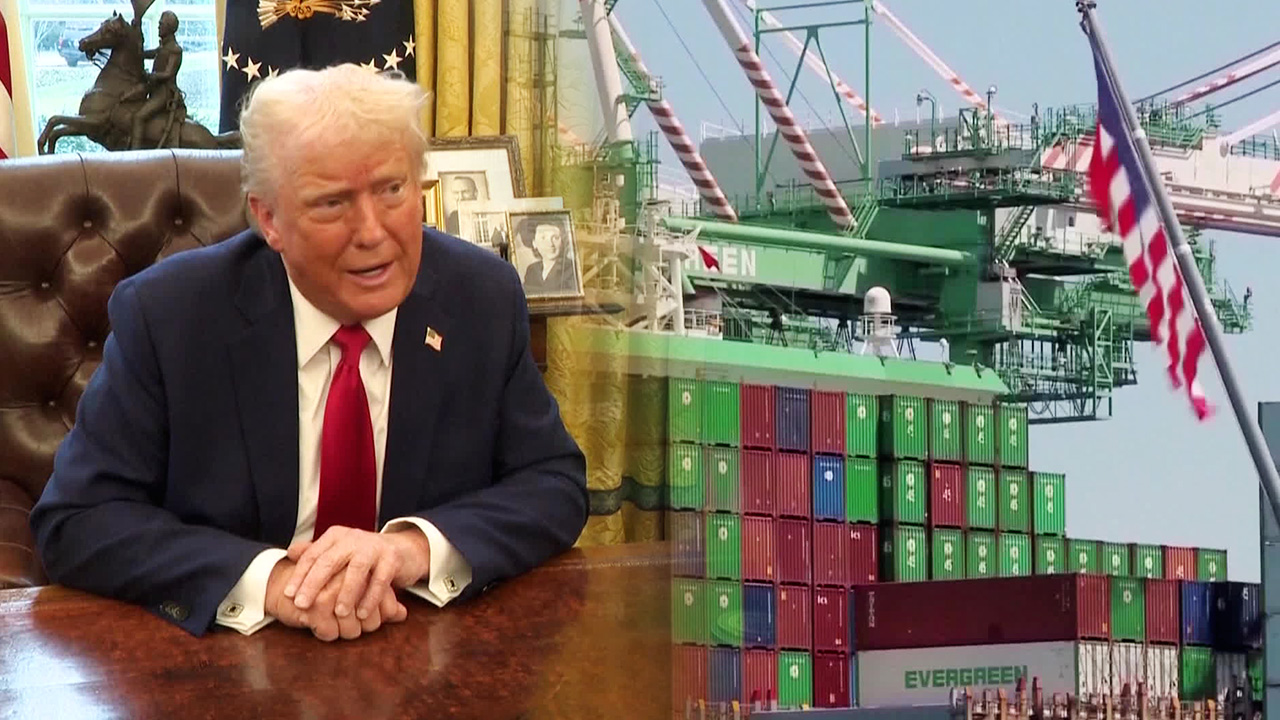
[Anchor]
President Trump is now raising issues regarding value-added tax (VAT).
He argues that imposing VAT on American products, which does not exist in the U.S., is akin to imposing tariffs.
Value-added tax exists in over 170 countries, including South Korea.
There is no VAT in the United States.
Instead, most state governments impose sales tax.
Sales tax is levied only at the final consumption stage.
In contrast, VAT is applied at each stage of the distribution process.
There are slight differences.
However, ultimately, it is the consumer who bears the burden in both cases.
So, what is the underlying reason for President Trump's mention of VAT?
Reporter Park Il-jung will explain.
[Report]
President Trump has previously identified value-added tax as a major example of unfair trade practices during a discussion on reciprocal tariffs.
[Donald Trump/U.S. President: "Well they charge us tariffs. European Union has a VAT tax which is through the roof okay? Which is a similar thing."]
Additionally, in a post on his social media, he stated that VAT is far more punitive than a tariff.
He seems to express dissatisfaction that the VAT rates in EU countries, which range from 17% to 27%, are higher than the sales tax rates in various U.S. states, which slightly exceed 10%.
In South Korea, the VAT rate is also 10%, which is higher than that of most regions in the U.S.
However, since VAT is applied to all goods sold within a country, it is difficult to view it as discrimination against imported goods.
[Paul Krugman/Professor at The City University of New York/Nobel Prize in Economics: "This is a list of things that will give Trump an excuse to impose whatever tariff he feels like imposing on anybody he feels like imposing it on."]
Trump also claimed that he could accurately calculate the costs of all trade barriers, but this is also not realistically easy.
[Joseph Foudy/Professor at New York University: "Essentially it means we're trying to broadly match the tariffs between two countries. That turns out to be quite tricky because, you know, we import and export quite dissimilar products."]
Ultimately, there is a high possibility that non-economic factors will intervene in determining tariff rates, which suggests that negotiation skills will be crucial.
This is Park Il-jung reporting for KBS News from New York.
President Trump is now raising issues regarding value-added tax (VAT).
He argues that imposing VAT on American products, which does not exist in the U.S., is akin to imposing tariffs.
Value-added tax exists in over 170 countries, including South Korea.
There is no VAT in the United States.
Instead, most state governments impose sales tax.
Sales tax is levied only at the final consumption stage.
In contrast, VAT is applied at each stage of the distribution process.
There are slight differences.
However, ultimately, it is the consumer who bears the burden in both cases.
So, what is the underlying reason for President Trump's mention of VAT?
Reporter Park Il-jung will explain.
[Report]
President Trump has previously identified value-added tax as a major example of unfair trade practices during a discussion on reciprocal tariffs.
[Donald Trump/U.S. President: "Well they charge us tariffs. European Union has a VAT tax which is through the roof okay? Which is a similar thing."]
Additionally, in a post on his social media, he stated that VAT is far more punitive than a tariff.
He seems to express dissatisfaction that the VAT rates in EU countries, which range from 17% to 27%, are higher than the sales tax rates in various U.S. states, which slightly exceed 10%.
In South Korea, the VAT rate is also 10%, which is higher than that of most regions in the U.S.
However, since VAT is applied to all goods sold within a country, it is difficult to view it as discrimination against imported goods.
[Paul Krugman/Professor at The City University of New York/Nobel Prize in Economics: "This is a list of things that will give Trump an excuse to impose whatever tariff he feels like imposing on anybody he feels like imposing it on."]
Trump also claimed that he could accurately calculate the costs of all trade barriers, but this is also not realistically easy.
[Joseph Foudy/Professor at New York University: "Essentially it means we're trying to broadly match the tariffs between two countries. That turns out to be quite tricky because, you know, we import and export quite dissimilar products."]
Ultimately, there is a high possibility that non-economic factors will intervene in determining tariff rates, which suggests that negotiation skills will be crucial.
This is Park Il-jung reporting for KBS News from New York.
-
-
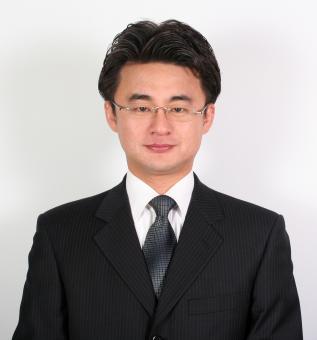
박일중 기자 baikal@kbs.co.kr
박일중 기자의 기사 모음
-
이 기사가 좋으셨다면
-
좋아요
0
-
응원해요
0
-
후속 원해요
0










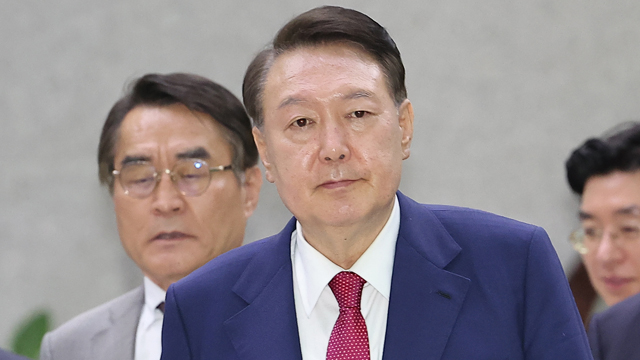
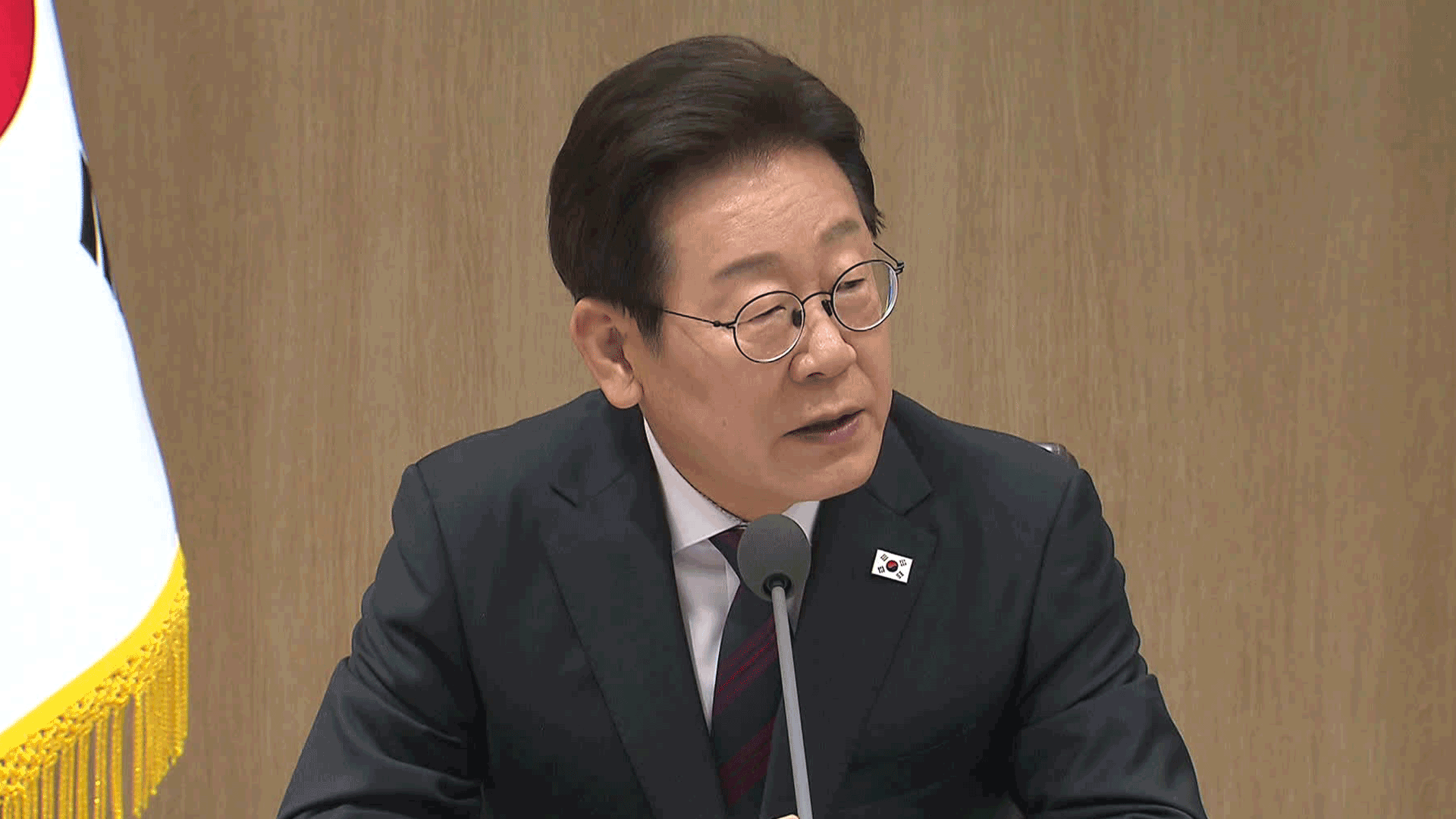
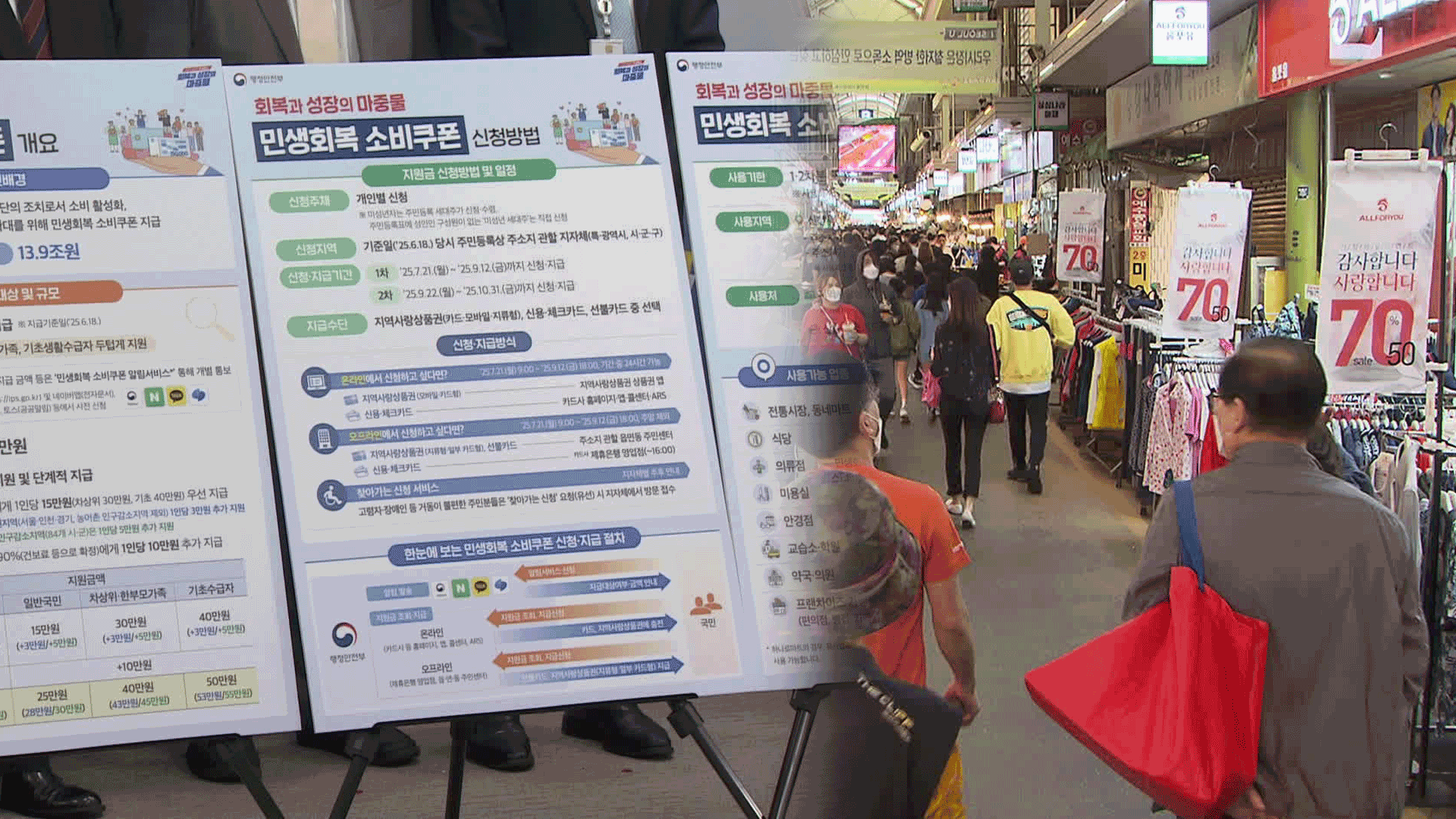
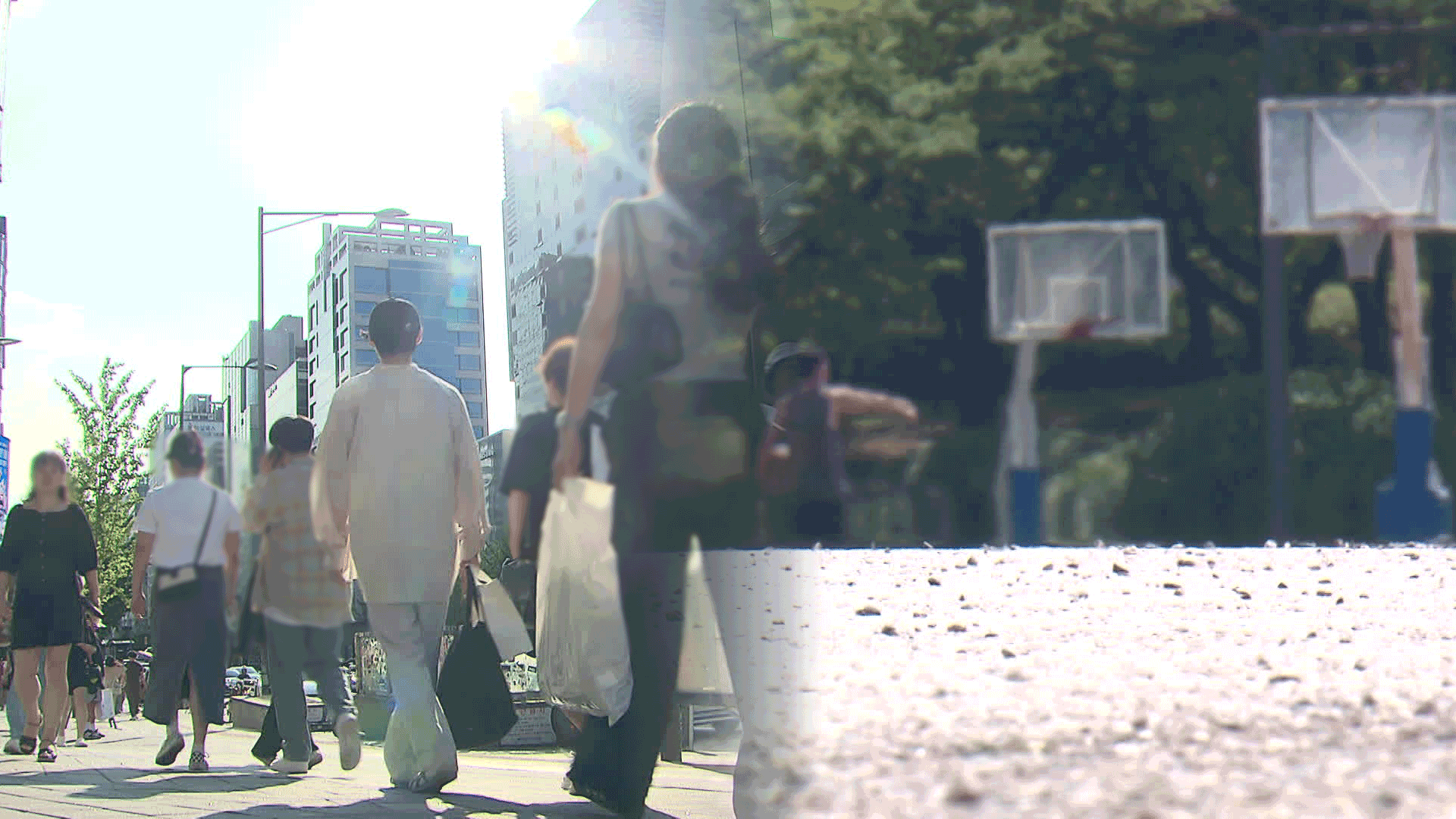

이 기사에 대한 의견을 남겨주세요.